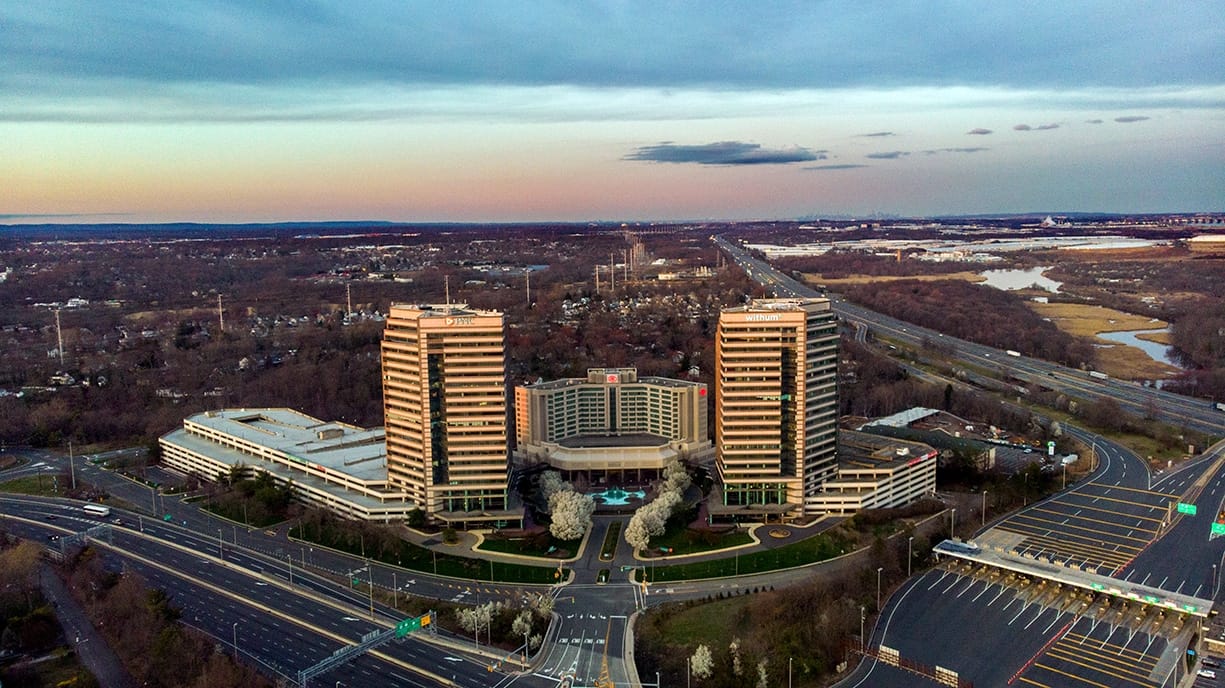In recent months, the Biden administration has taken a significant step in the realm of criminal justice by implementing a historic clemency initiative that has made waves across the political and social landscape. This initiative has resulted in the granting of a record number of pardons and commutations, offering a second chance to individuals who have been affected by strict sentencing laws and other punitive measures. As advocates and community leaders celebrate these developments, a persistent discourse emerges regarding the need for further reform within the criminal justice system, underlining unanswered questions and the desire for broader change.
The clemency initiative, which began to gain traction in 2023, is part of a broader strategy aimed at addressing systemic inequities in the U.S. justice system. By prioritizing such reforms, the Biden administration aims to mitigate the impact of disproportionate sentencing and provide relief to those who have served their time and demonstrated rehabilitation. This effort not only emphasizes the administration’s commitment to restorative justice principles but also seeks to correct the imbalances that have long characterized American justice.
Though the number of clemency cases processed has set records, many advocates and affected individuals continue to push for a more extensive overhaul of criminal justice policies. The initiative has succeeded in bringing together various stakeholders, including lawmakers, non-profit organizations, and members of the public, who are all advocating for a more equitable judicial process that can account for the barriers faced by those with criminal records.
Central to this discussion is the reality that, while clemency addresses some individual cases, much of the systemic injustice remains unchallenged. Advocacy groups argue that the current pace of reform is insufficient. They demand more comprehensive measures, such as the elimination of mandatory minimum sentencing laws, incentivization of rehabilitation programs, and facilitated access to employment and housing for individuals with criminal records. These voices reflect a growing concern that the clemency initiative, while important, may inadvertently reinforce the limitations imposed by existing laws.
One of the prominent voices in this movement is the American Civil Liberties Union (ACLU), which has been vocal about the need for policies that extend beyond individual pardons. Their stance emphasizes that true reform must involve restructuring the laws that create barriers for reintegration into society. The intersection of race, socioeconomic status, and criminal justice outcomes remains a critical issue, with systemic racism continuing to play a significant role in disparities within the judicial system.
As the dialogue continues, various state and local governments have witnessed grassroots movements urging more extensive reforms. These efforts have culminated in legislative proposals aiming to address racial disparities in sentencing, enhance support for mental health services, and promote alternatives to incarceration. Such initiatives showcase a growing recognition that criminal justice reform must be multifaceted, addressing not only the aftermath of punitive measures but also the root causes of crime and recidivism.
In light of the Biden administration’s measures, discussions surrounding voting rights for individuals with felony convictions have resurfaced. Various states have taken steps to restore voting rights to those who have completed their sentences, reflecting a broader acknowledgment that civic engagement is vital to rehabilitation. Restoring rights extends beyond voting, encapsulating participation in community activities and economic opportunities, which can significantly impact recidivism rates.
Moreover, the response from lawmakers has been mixed. Some politicians express support for the clemency measures, advocating for guidelines that ensure justice is served equitably. Others remain skeptical about the potential for meaningful change, arguing that clemency alone cannot rectify the deep-seated issues prevalent within the system. This polarization highlights the necessity for bipartisan efforts in addressing criminal justice reform comprehensively.
The implications of the Biden administration’s clemency initiatives may extend beyond individual cases, potentially influencing judicial proceedings and policy-making at various levels. As discussions evolve, the focus is becoming increasingly centered on ensuring that the justice system becomes more forgiving and rehabilitative rather than strictly punitive. Legal experts and advocacy groups alike are examining not only the immediate benefits of clemency but also the long-term strategies necessary to achieve lasting change.
Additionally, public response to the Biden administration’s actions illustrates a broader societal shift towards criminal justice reform. Polling data indicates that Americans are increasingly supportive of efforts to address mass incarceration, with more individuals recognizing the disproportionate impact of the current system on marginalized communities. Advocacy campaigns focusing on storytelling and personal narratives have played a critical role in shaping public perception and emphasizing the human element of these policies.
Overall, while the Biden administration’s clemency initiative represents a landmark achievement in its approach to criminal justice reform, the ongoing conversations surrounding systemic change highlight the complexities and challenges that lie ahead. The dialogue reflects a keen understanding that reform is not only about policy changes at the federal level but also necessitates collective action within communities and among policymakers across the country.
As the administration moves forward, it remains to be seen how these discussions will translate into actionable reform. With the backdrop of advocacy campaigns, polling data reflecting public sentiment, and ongoing legislative proposals, the future of criminal justice in the United States remains at a pivotal crossroads, one where both individual cases and collective reforms will define the narrative.
The need for continuous dialogue and collaboration among stakeholders, including the government, non-profit organizations, and affected communities, will be essential in ensuring that the momentum generated by the clemency initiative leads to substantive and lasting reforms. Advocates emphasize that a holistic approach to criminal justice reform, rooted in empathy, fairness, and rehabilitation, has the potential to redefine the landscape of justice in America.
In conclusion, while the Biden administration has made significant strides in addressing clemency, the overarching narrative emphasizes the importance of sustained efforts to create an equitable justice system. The demands for further reform reflect not only a desire for change but also an acknowledgment of the collective responsibility to ensure that justice serves all members of society, irrespective of their past. As the initiative unfolds, the call for deeper, systemic reform will likely continue to resonate within discussions surrounding justice in America.


